Shandee’s Story: Justice lost in nine-year DNA lab betrayal
Criminals may have evaded justice across nine years as a result of ‘fatally flawed’ DNA testing, a Qld inquiry has found, potentially forcing the retesting of up to 103,000 samples.
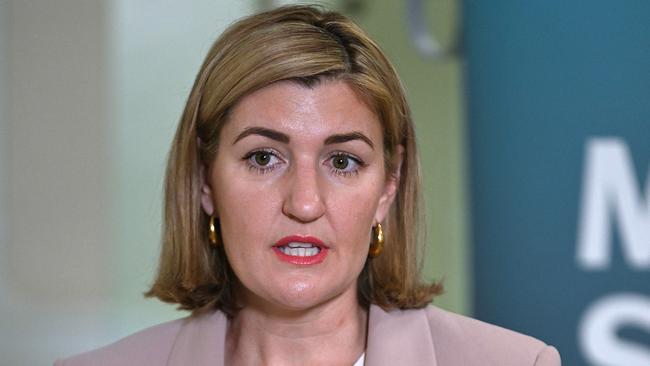
Criminals may have evaded justice across nine years of cases in Queensland as a result of “fatally flawed” DNA testing, in a devastating blow to victims of crime and the justice system, an inquiry has found.
The final report of Annabelle Bennett SC’s inquiry into the state DNA lab was released on Monday, and Health Minister Shannon Fentiman said up to 103,000 crime scene samples since 2007 could have to be retested.
An automated system – introducing robots to extract DNA in a rushed attempt to clear testing backlogs – had never been validated, recovered less DNA than other methods and may have “compromised” criminal trials and prevented successful prosecutions, Dr Bennett found.
Independent forensic biologist Kirsty Wright and murder victim Shandee Blackburn’s mother, Vicki, immediately called for all samples affected by the so-called “Project 13” system to be retested outside Queensland.
“I’m glad that the truth about Project 13 is finally out there. However, I don’t trust Queensland Health to retest those samples or Shandee’s samples,” Dr Wright said.
“I’d like to see those samples get sent to another laboratory for testing.”
Dr Wright also said she was “disappointed about the lack of accountability”, with the inquiry holding no individual responsible for the failed method or for keeping its catastrophic problems concealed, and some scientists involved have been able to continue working in the lab.
“I think that’s a real punch in the guts for the victims. Some people’s lives have been destroyed by this,” she said.
“I worked at that lab up until early 2007, 10 months before Project 13 was introduced, and there was absolutely good-quality standards and practices and processes in place.
“There was no reason whatsoever this method would have been implemented if they had followed those practices.”
Ms Blackburn said: “Considering the severity of the failures and the impact on the justice system, the courts and victims, accountability needs to be addressed. Somebody had to make those decisions, knowingly.”
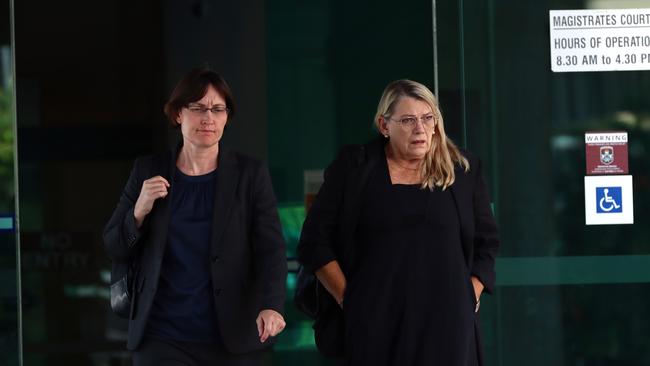
The flawed extraction system was used on 47 samples from Blackburn’s vicious unsolved stabbing murder in Mackay in 2013. These included samples from her fingernail clippings, and one from a fresh pool of blood that yielded no DNA.
Forensic Science Queensland’s new chief executive, Linzi Wilson-Wilde, was cleared to continue overseeing the lab despite the inquiry finding she failed to sound the alarm about the DNA testing disaster as an expert witness at retired judge Walter Sofronoff KC’s first inquiry last year, as revealed in The Australian on Monday.
“There is no evidence that would undermine public confidence in the current work of FSQ,” the report states.
Ms Fentiman said Dr Wilson-Wilde did not deliberately mislead the Sofronoff inquiry and “we’ve now got to all move on”.
The government would amend laws to extend the amount of time DNA samples can be kept, with Ms Fentiman warning “there will be delays” in testing.
She thanked Dr Wright, who with The Australian’s Shandee’s Legacy podcast revealed the yield collapse this year after spotting it in lab documents she examined after the original inquiry.
Dr Bennett’s inquiry “found all of Dr Kirsty Wright’s concerns about Project 13 were valid”, Ms Fentiman said. “I think all Queenslanders owe her a huge debt of gratitude … for raising her concerns about Project 13.”
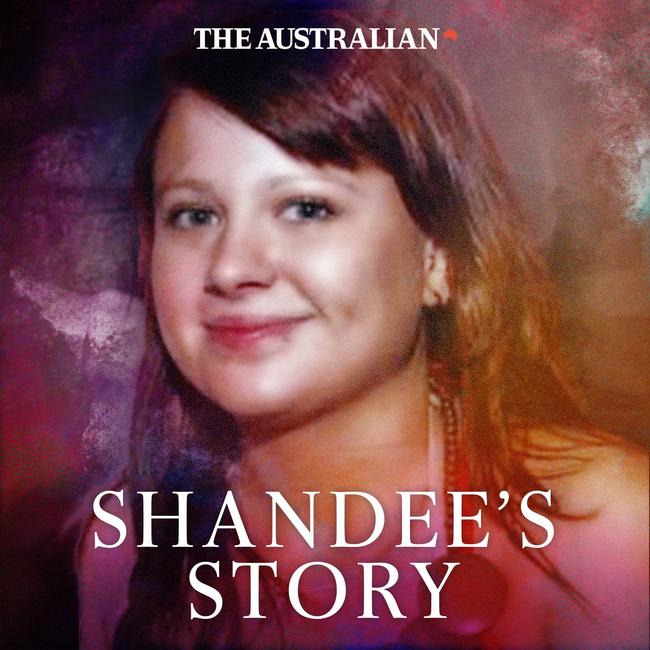
Dr Bennett concluded that scientists involved in Project 13 were collectively “doing their best” to overcome problems with the robotic DNA extraction method as they arose, believing there was no real option to delay its launch.
Instead, the lab’s many “cultural and operational inadequacies” were blamed for the system being used on crime scene samples when scientists knew it was failing to recover DNA. “All contributed to what could be described as a potentially devastating outcome for the criminal justice system, including victims of crime and their families,” the report states.
Scientific accountability and integrity were sacrificed for speed, Dr Bennett found. “It follows that samples … subject to this method of extraction that recorded insufficient DNA for further testing may well have contained sufficient DNA for forensic purposes … Evidence available for criminal trials thus may have been compromised and convictions that could otherwise have been secured did not occur.”


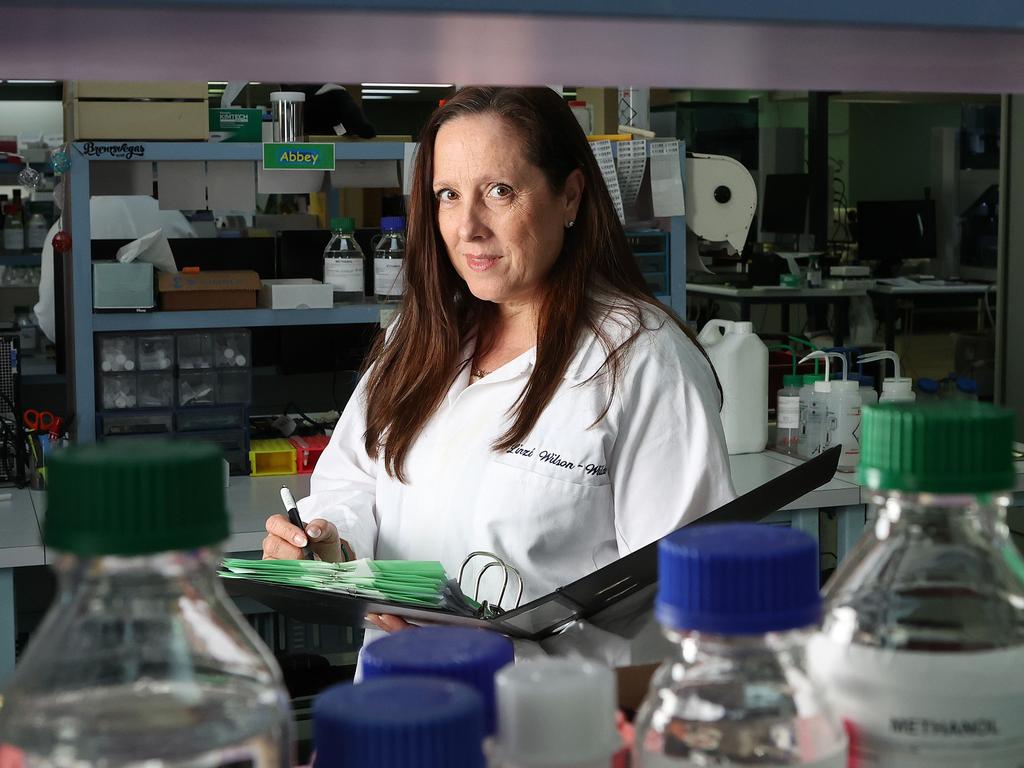
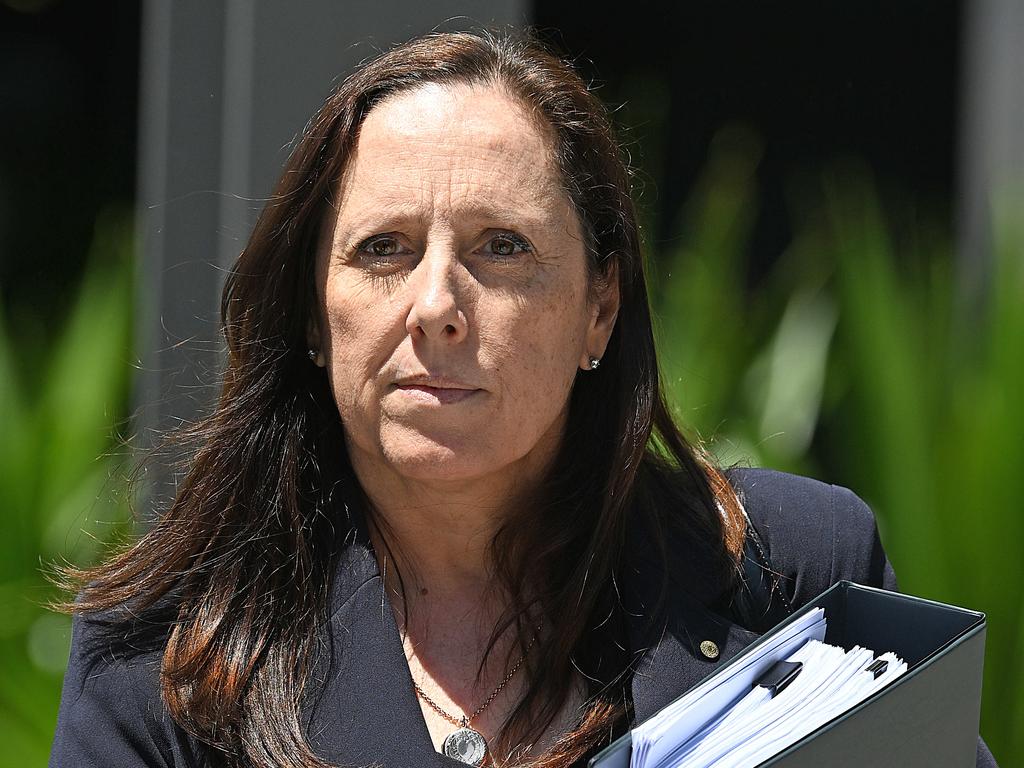

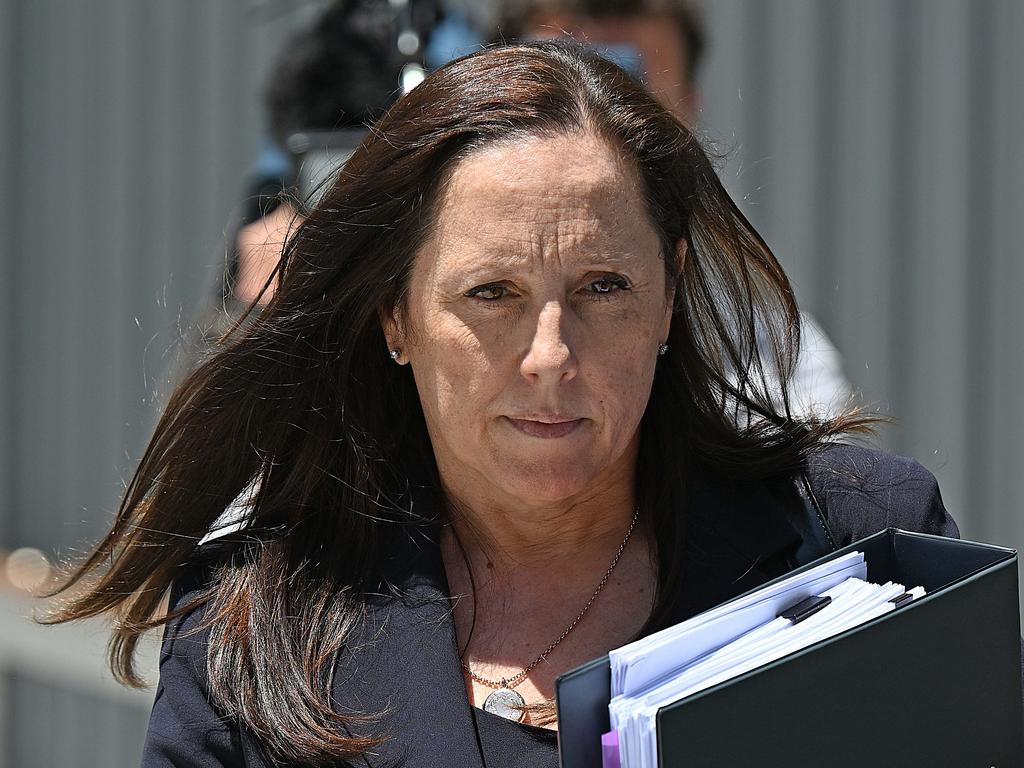


To join the conversation, please log in. Don't have an account? Register
Join the conversation, you are commenting as Logout